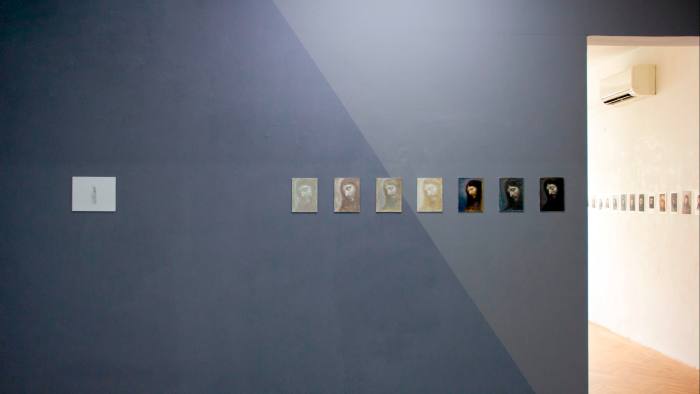
My second piece for the Financial Times looks into three independent art spaces in Singapore.
The article is for a special supplement focused on Southeast Asian art, coming out in conjunction with the Singapore Art Week.
Read More
My second piece for the Financial Times looks into three independent art spaces in Singapore.
The article is for a special supplement focused on Southeast Asian art, coming out in conjunction with the Singapore Art Week.
Read More
The Financial Times has just published two articles of mine on a special supplement focused on Southeast Asian art, coming out in conjunction with the Singapore Art Week.
In this first piece I highlight the presence of Mynmar art at the art fairs in Singapore this January. It’s part of my ongoing investigation on Myanmar art within the current complicated political scenario of the country
Read More![The third edition of Ramallah Art Fair at Zawyeh Gallery in Ramallah [Instagram/ramallah_artfair]](https://i0.wp.com/www.middleeastmonitor.com/wp-content/uploads/2023/01/Untitled-1.png?resize=500%2C333&quality=85&strip=all&zoom=1&ssl=1)
The first article published this year is about the third edition of an atypical but important art fair that takes place in Ramallah, Palestine.
It’s the second year that I follow tis partly physical partly virtual art fair, and this time I spoke with the fair’s director for Middle East Monitor.
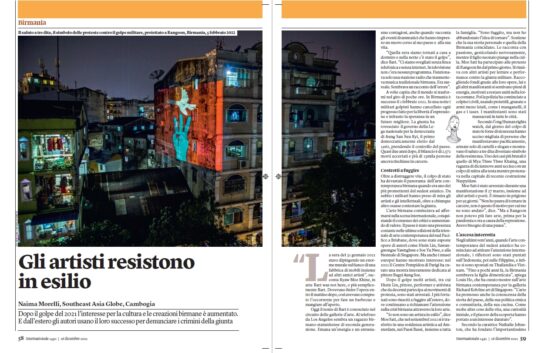
The Italian weekly magazine Internazionale has published my piece “Gli artisti resistono in esilio”, on the Burmese artists working in exile. Once again, I’m humbled and honoured to get the chance to be a vehicle for the voices of Burmese artists, and testify their incredible strenght and resilience.
Here is the link to the piece online
Read More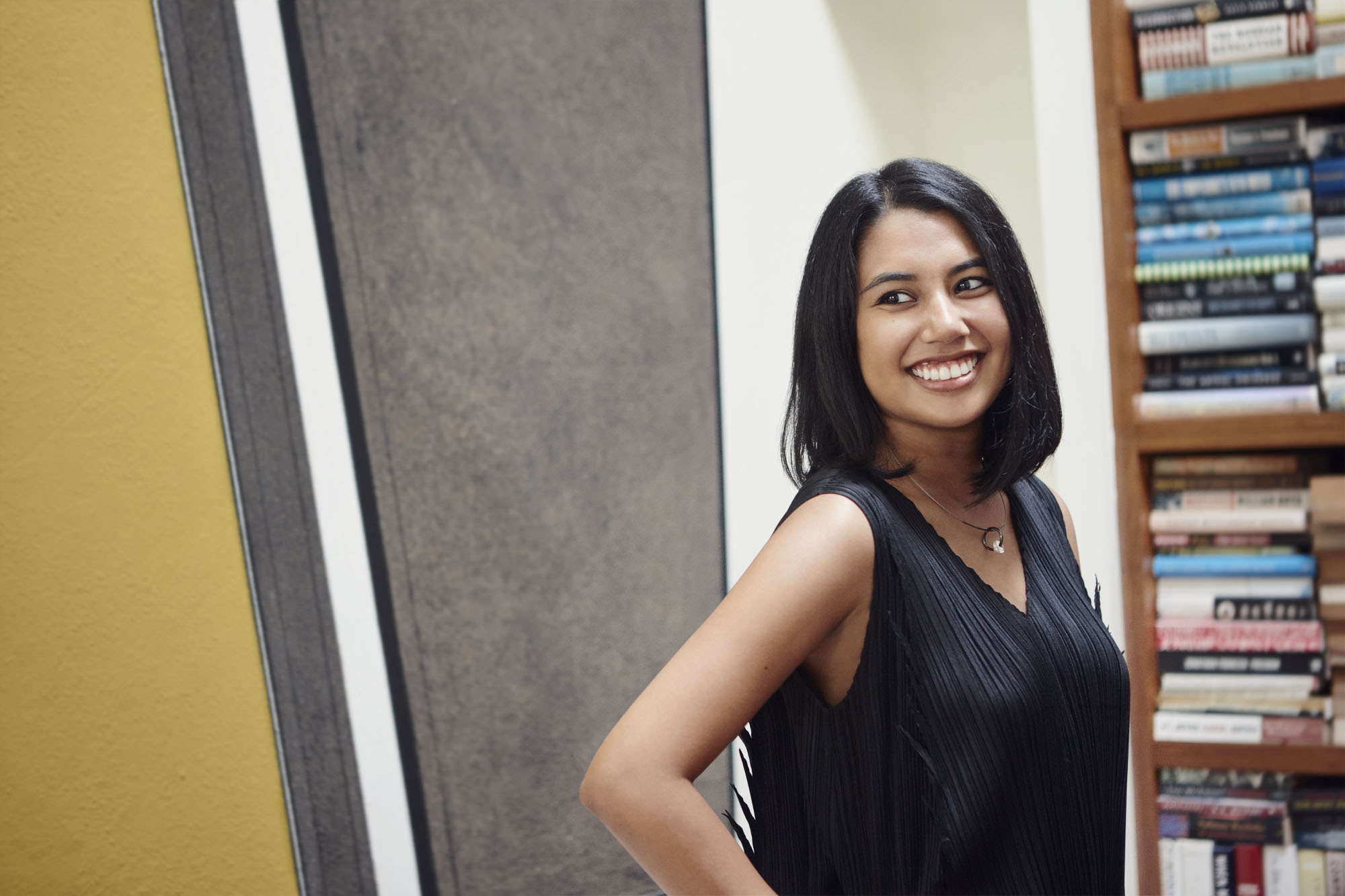
My series on the behind-the-scenes of arts writers’ lives for Plural Art Mag continues with a conversation with Kim Tay.
Tay is a long-standing founding member and Gallery Director of The Artling, an online gallery, art consulting firm, and web magazine.
Read More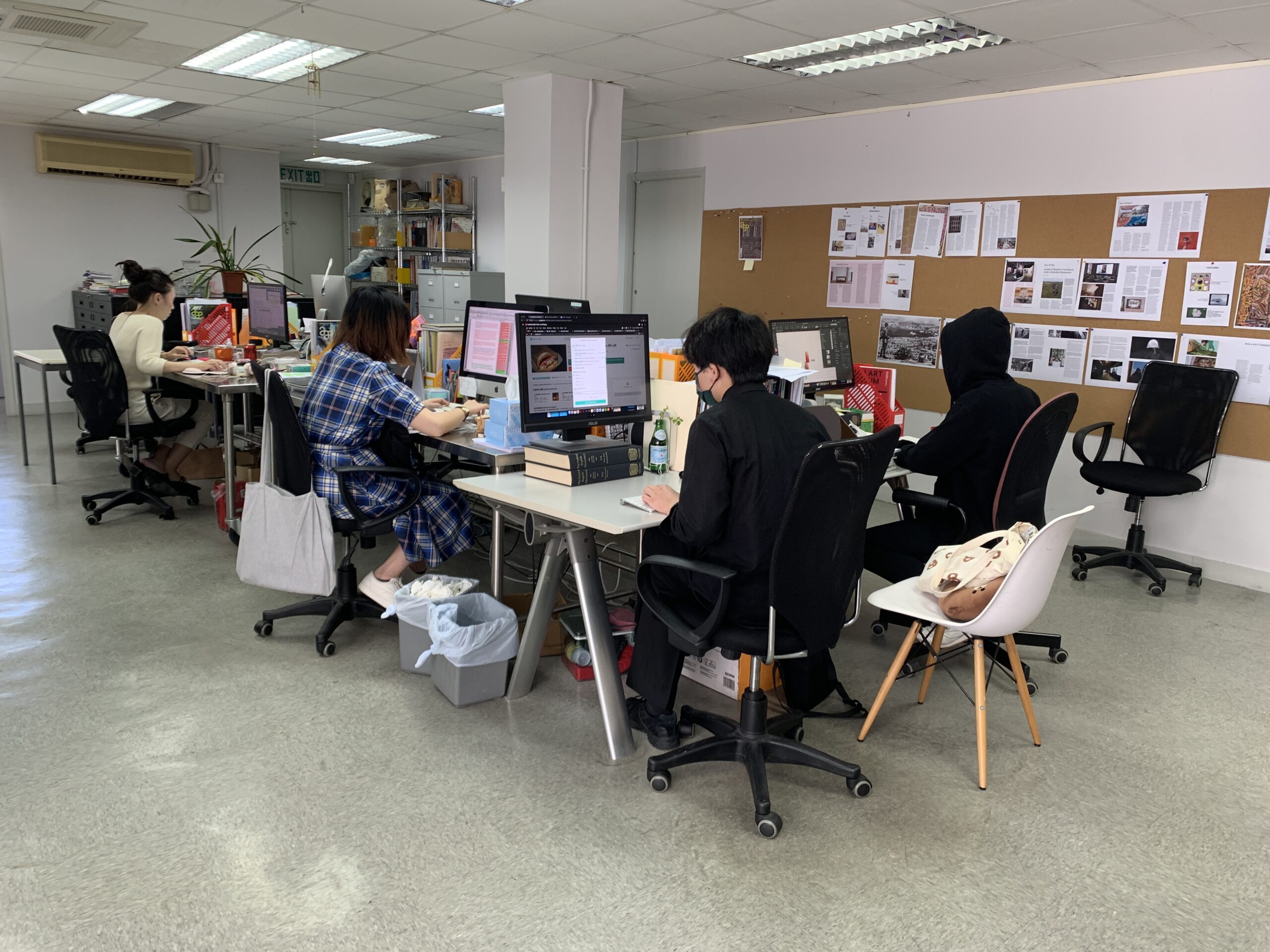
We have read over and over again about the routines of our favourite artists, what time they wake up, and how much time they spend thinking about their art compared to creating works. We have seen pictures of hidden corners in their studios and learnt about their favourite brand of oil paints and their go-to factories to realise installations.
The same goes for curators. We might know the books and theories they reference, and we have become familiar with what drives art collectors. But what is definitely less explored are the joys and sorrows of being an arts writer.
That’s why here at Plural we decided to start a series where we speak with some of the most eloquent arts and culture editors from the region to explore the behind-the-scenes of being a writer.
We kick off the series with Chloe Chu, former Managing Editor at one of the most respected publications in the region and beyond: ArtAsiaPacific (AAP).
Read More
I wrote once again on the Myanmar art scene for the webmagazine Southeastasia Globe. It’s my first collaboration with them, and it was great to put together a piece which included a number of interviews to artists and other figures in the art world such as Chaw Ei Thein, Louis Ho, Moe Satt, Bart Was Not Here, Nathalie Johnston, Ilaria Benini and Richie Nath.
Most of them had to flee the country, but they were able gave me a picture of the developments of the art scene over the last few years, and how these were abruptly stopped by the recent military coup.
![Le Monnaye de Paris, ASIA NOW’s location [Naima Morelli]](https://i0.wp.com/www.middleeastmonitor.com/wp-content/uploads/2022/10/1e6e4d869ad62566-photo-e1667220053301.jpeg?resize=1197%2C795&quality=85&strip=all&zoom=1&ssl=1)
With its two leading art fairs, Paris + Art Basel and ASIA NOW, as well as exhibitions scattered around the city, Paris Art Week 2022 had an extensive presence of Middle Eastern artists and galleries, and paid strong attention to the current situation in Iran.
I wrote the story for Middle East Monitor.
Here is the link to the article
Read More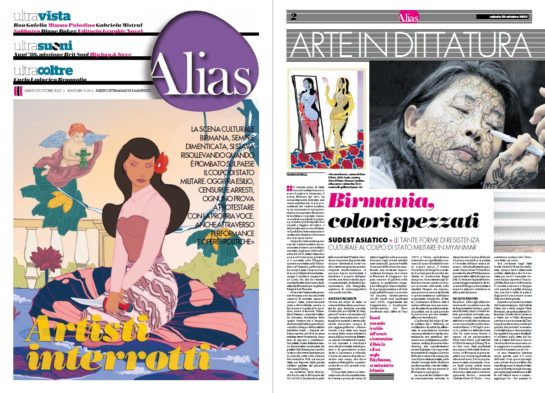
It always feels good to be published in Italian, and on paper as well! This is my second time to write about contemporary Southeast Asian art for the Italian newspaper Il Manifesto, and the issue I’m looking at is particularly important to highlight for the international community.
I have started to interview a number of Burmese artists who fled the country since the military coup, which happened on 1 February 2021, and other figures in the Myanmar art scene. Their experience is incredibly valuable, and while I speak with them, I also learn what was becoming of the art scene in Burma, and the incredible culture they hailed from.
This new research will take the shape of different articles on different magazines. The cover of the cultural Saturday pages of Il Manifesto, called “Alias”, was entirely dedicated to Burma, and they featured two pieces of mine.
Here is the link to the article online
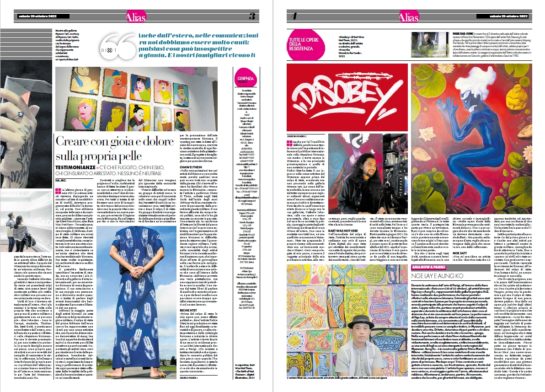
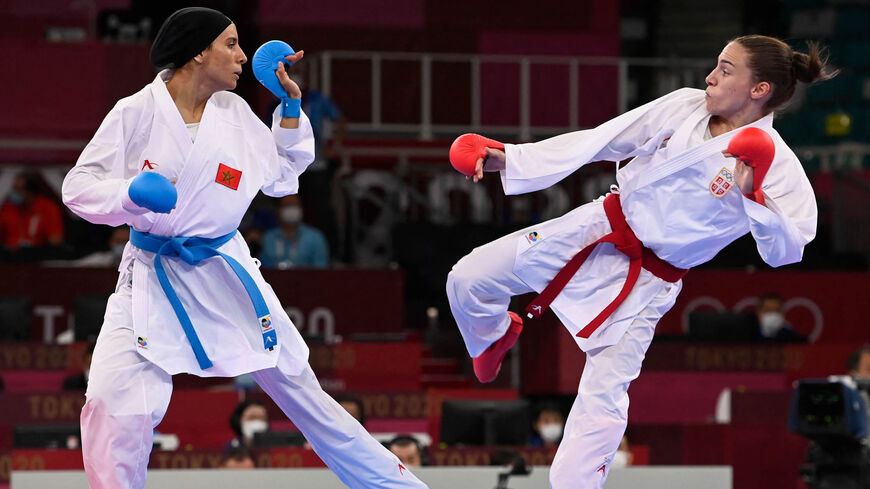
In this story for Al-Monitor I spoke with four Moroccan female martial arts athletes about cultural stereotypes and how to inspire and empower future generations of female fighters.
Here is the link to the article
Read More
Women artists are gaining more and more relevance and traction in the contemporary art scene in Oman. Although the history of Omani women in art is fairly recent, their work conveys their singular experience and perspective within a continuously evolving culture.
Their artworks are also truly innovative in terms of the use of new technologies and their aesthetics; they’re aligned with the latest trends in contemporary art, yet steeped in historical research. I wrote the story for Middle East Monitor
Here is the link to the article

Responding to Impressionism, UAE artist Alia Zaal studied the natural landscapes of Vétheuil, Abu Dhabi and Dubai, both in their natural and artificial ecosystems, finding connections between her own UAE landscape and the impressionist one. The artist reimagines familiar scenes of the sea, the desert and the city lit by the sun, the moon and street lights.
I have interviewed Alia Zaal for Middle East Monitor.
Read More